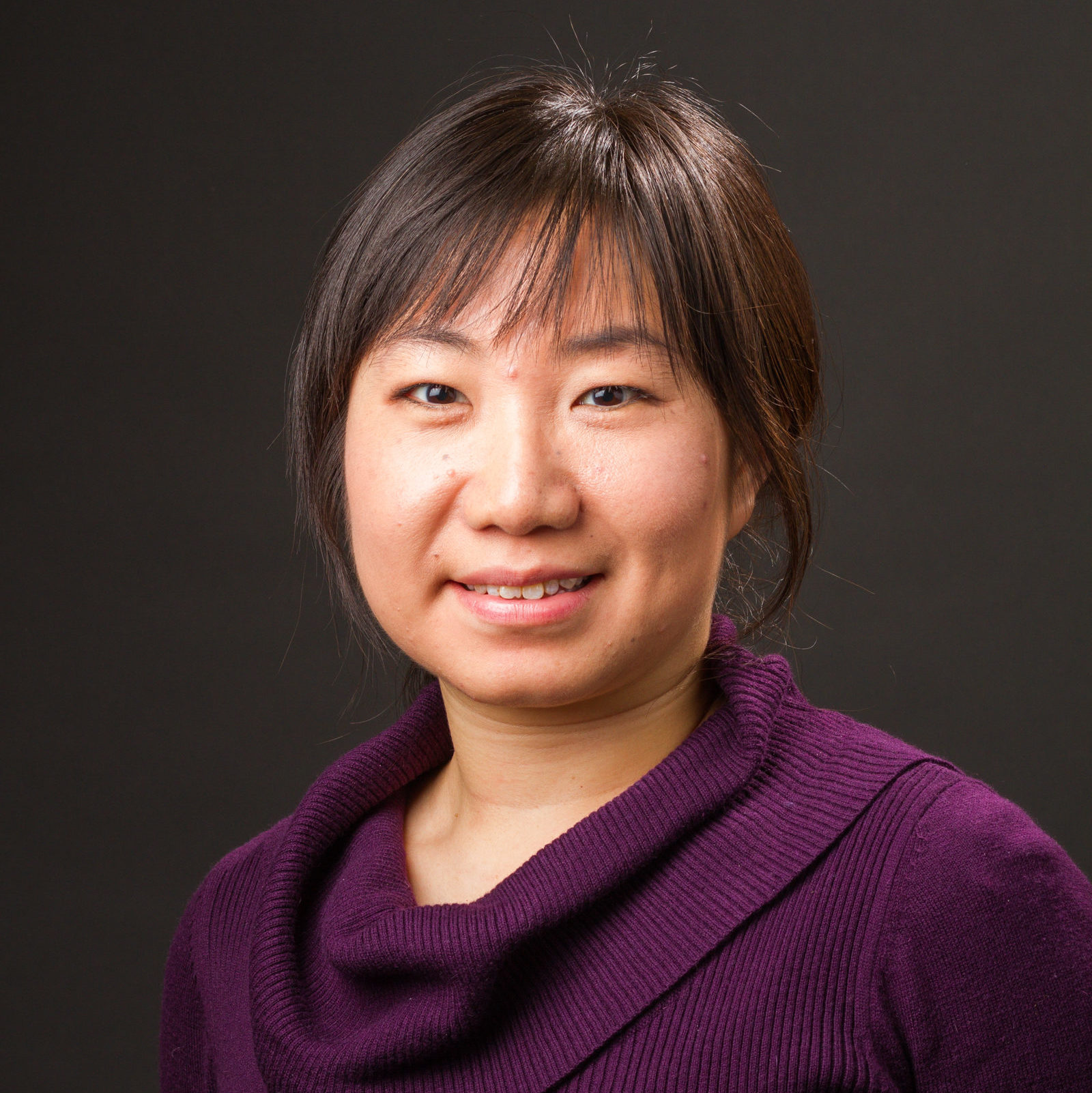Shangqin Guo, Ph.D.
Assistant Professor of Cell Biology
Yale School of Medicine
January 2016

Assistant Professor of Cell Biology
Yale School of Medicine
January 2016
Key Words: Cell-of-origin, B-ALL, cell fate, hematopoietic progenitors, MLL-AF9
Acute lymphoblastic leukemia (ALL) is the most common cancer type in children. Elucidating its etiology is crucial for devising strategies to alleviate this leading cause of childhood morbidity and mortality. The prevailing models for how cancers arise cannot explain why malignancy develops so early in life without multiple genetic abnormalities. A new conceptual framework for how malignancy arises from the cellof- origin is necessary to better understand how ALL develops. Our recent work identified that transient cell cycle acceleration to a critical threshold speed (~8 hours/cycle) is a key step limiting pluripotency induction from somatic cells. Since the cell fate control mechanism subverted in pluripotency induction is fundamentally analogous to that altered during malignant transformation, our work provided the conceptual foundation where cell cycle kinetics dictate how the epigenome responds to genetic insult. Thus, I propose to test whether the transiently ultrafast-cycling hematopoietic progenitors are permissive for transformation due to their unique epigenetic state, using one of the rearranged MLL-fusion oncogene MLL-AF9 as a model. We have generated novel oncogene models and obtained supportive preliminary data in the initiation of acute myeloid leukemias. We propose to use these models to test whether the initiation of ALL follows the same principle at cellular and molecular level. While it is long appreciated that proliferative cell types are more prone to malignancies, this has been attributed to the replicative errors accumulated during successive divisions. An alternative explanation, which distinguishes my hypothesis, is that the epigenetic state of fast cycling cells is inherently more amenable to cell fate altering genetic activities. By defining the leukemia cell-of-origin in molecular details, this project promises new insights into basic cancer mechanisms and etiology, as well as critical implications for cancer prevention and treatment.